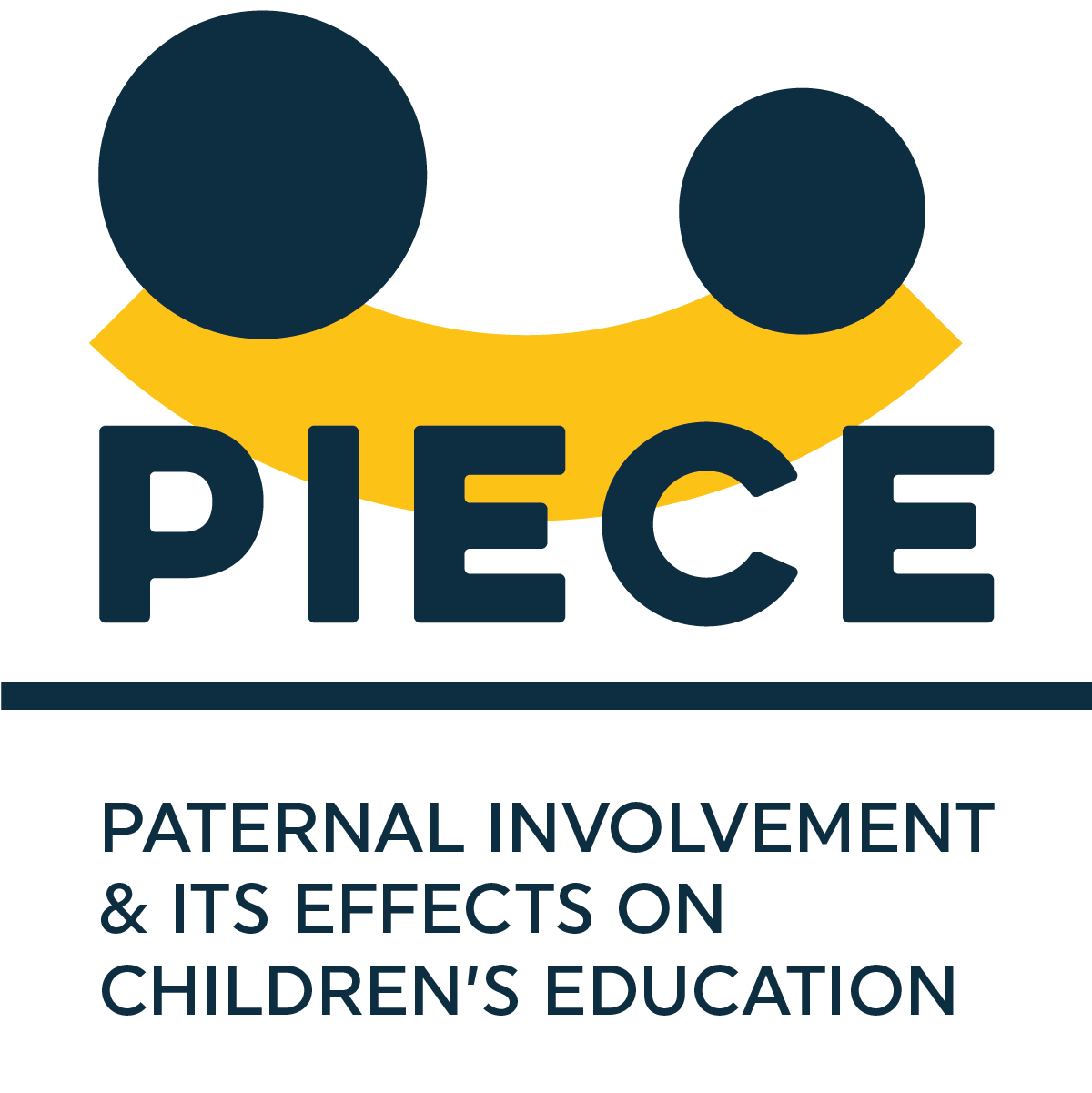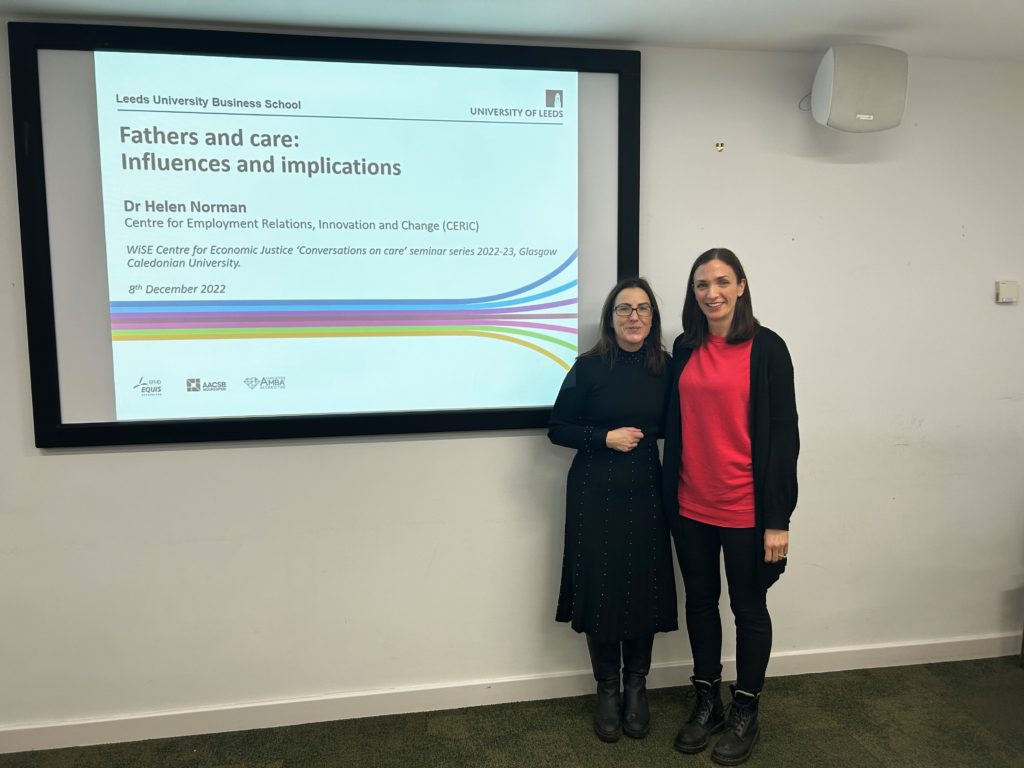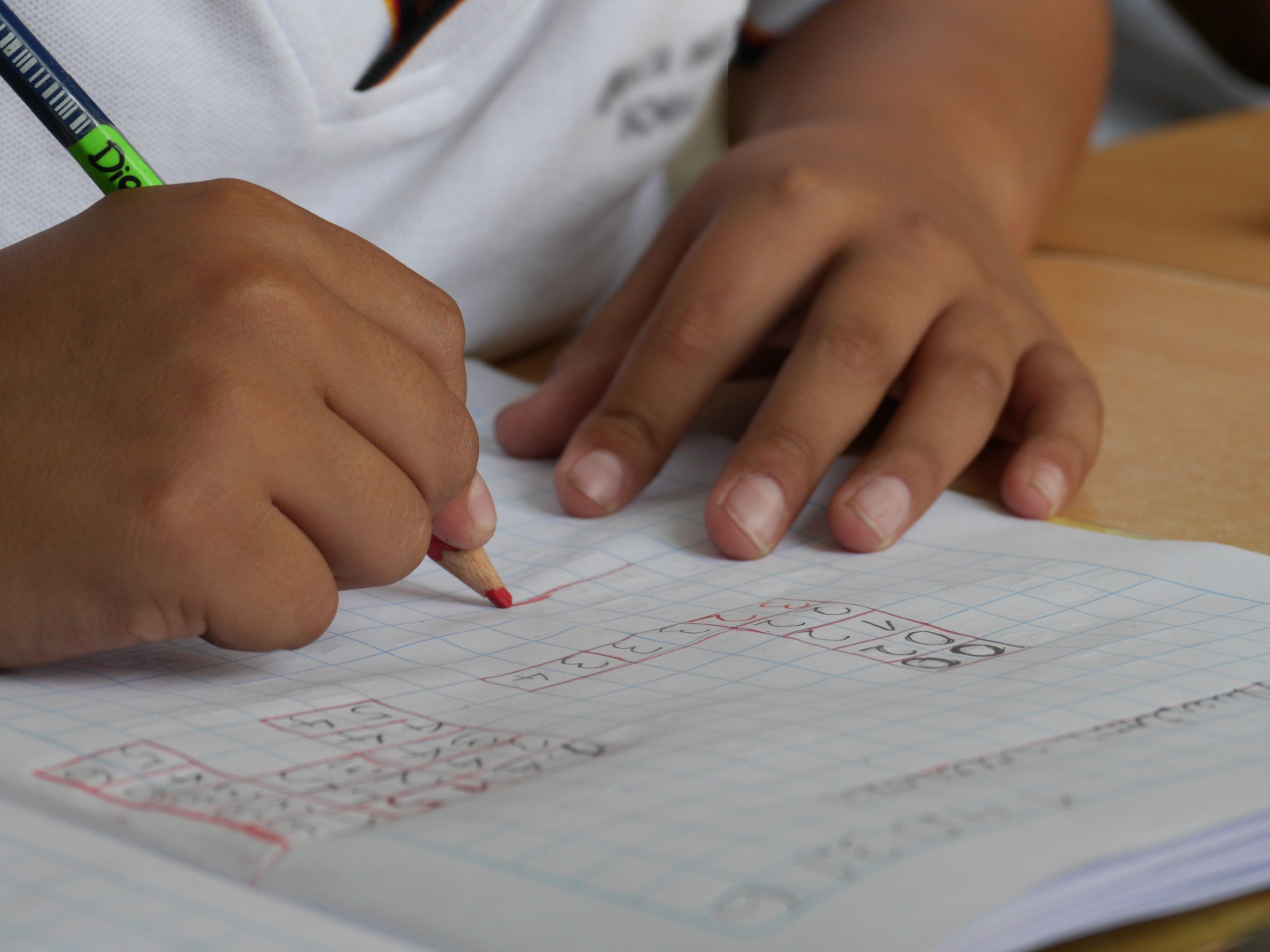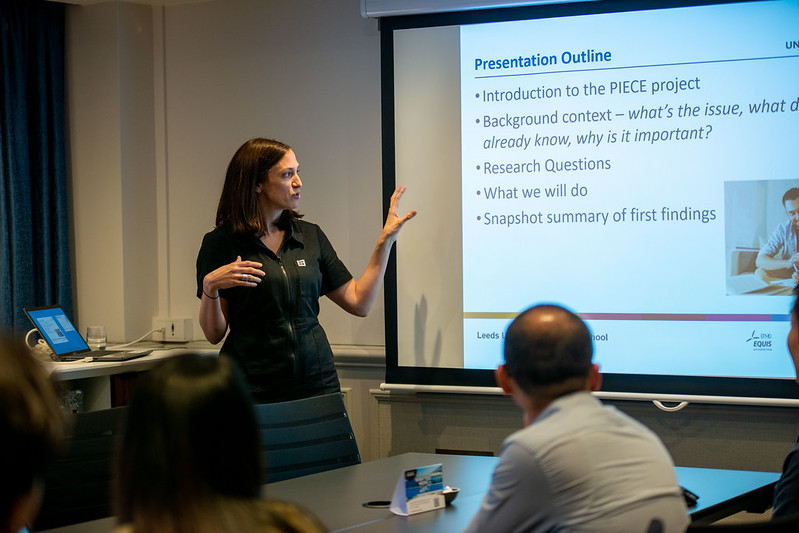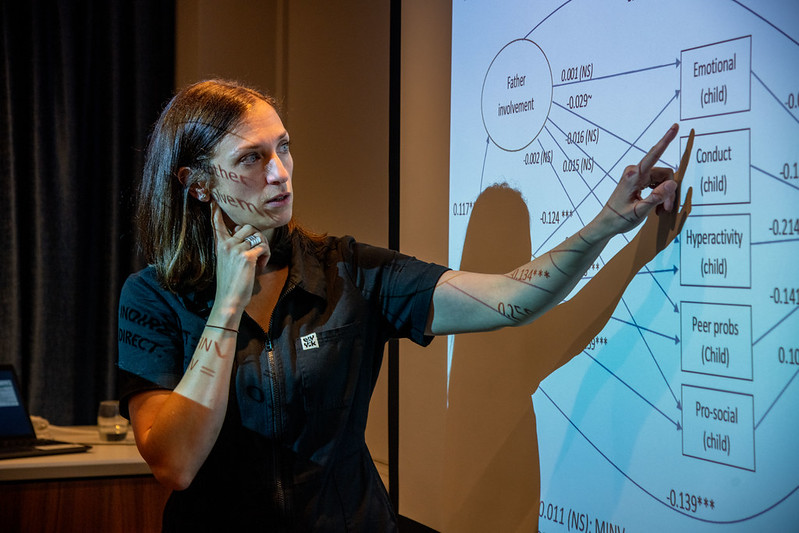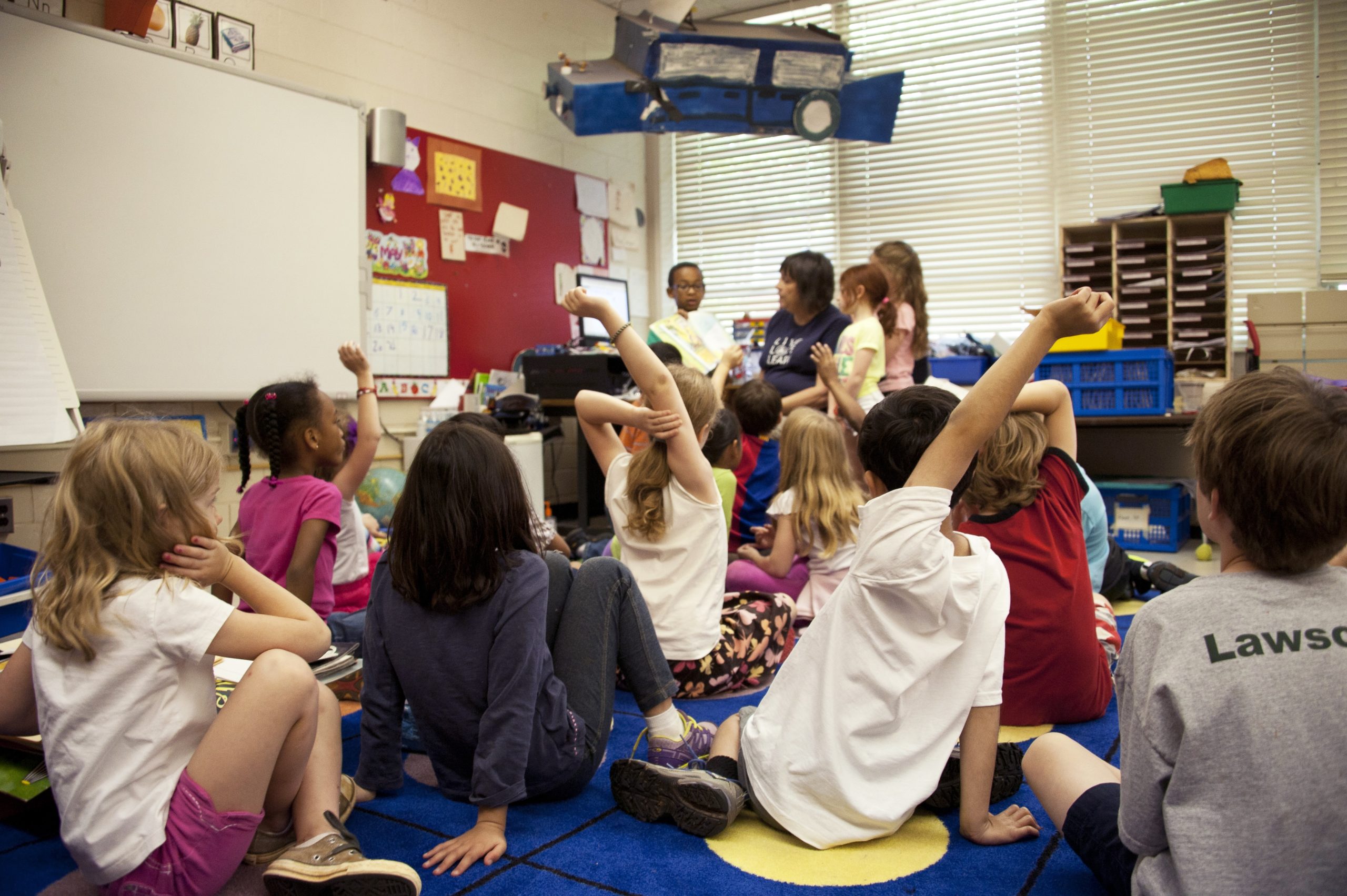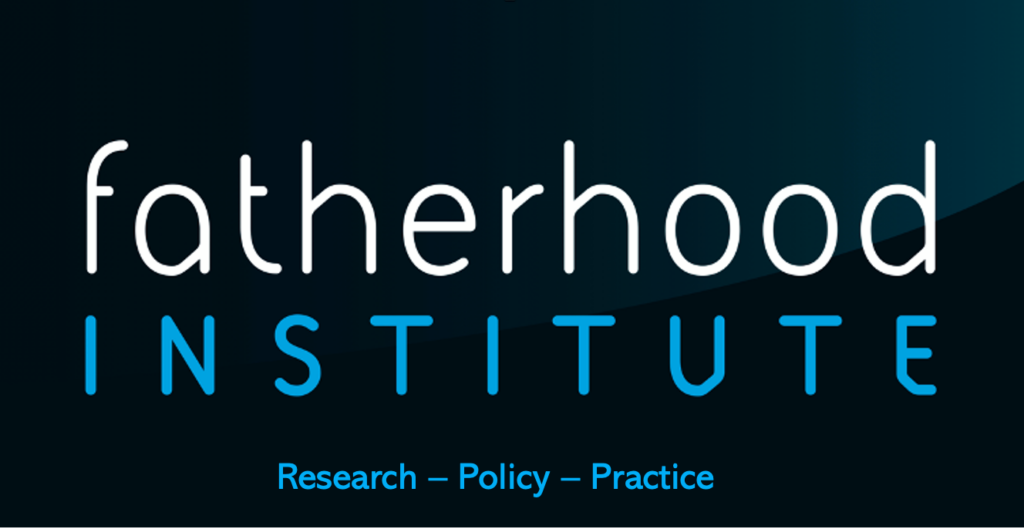
9th Community, Work and Family conference: Rio de Janeiro, Brazil
15-17 June 2023
Helen is presenting a paper that focuses on the relationship between fathers’ childcare involvement and their children’s educational attainment at ages five and seven (i.e. at the start and in the middle of UK primary education).
Results show that fathers’ involvement in the first year of school (at age 5) has longer-term positive implications by supporting educational attainment at age 7. On the other hand, mothers’ involvement affects the child in different ways by, for example, having a positive effect on their emotional and pro-social behaviour. These results underscore the importance of policy interventions to support and encourage fathers to be involved caregivers in the early years of a child’s life given the positive consequences this has on the children’s educational development, and on equality in the gender division of unpaid labour more broadly.

